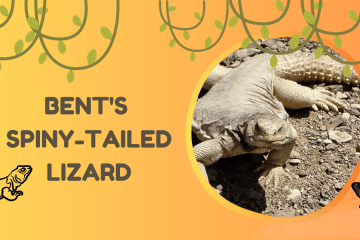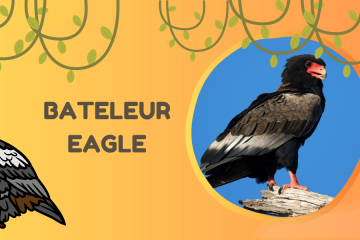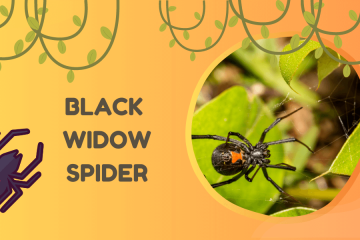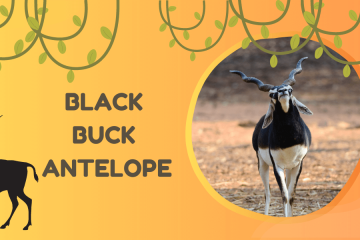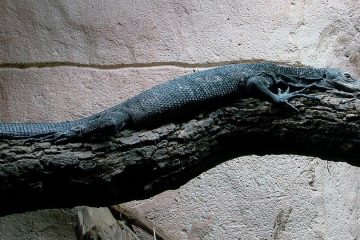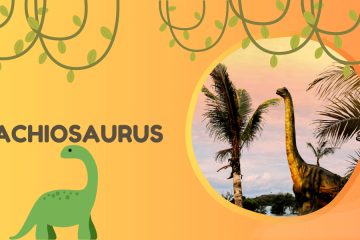It is never a good idea to feed your pet something just because you enjoy it. Doing your research and determining if a vegetable is safe for cavies is crucial to their health.
Is kale safe for guinea pigs?
Yes, kale is safe for guinea pigs. In fact, many veterinarians and animal specialists recommend that you incorporate kale into a balanced diet for your piggy.
Kale is not just a superfood for humans. It can have significant benefits for your pet if it is fed to them in the proper quantity and frequency.
Cavies can eat all varieties of kale you may find at your grocery store or local market. There are not really different types of kale, but it may look different depending on where you purchase the vegetable.
Kale is safe for your pet whether it is green or reddish-purple, has curly leaves or stiffer leaves, or is an Italian style of kale.
Nutritional Value of Kale
A single cup of raw kale (about 67 grams or 2.4 ounces) contains (1):
| Vitamin | Value |
| Vitamin A | 206% of the DV (from beta-carotene) |
| Vitamin K | 684% of the DV |
| Vitamin C | 134% of the DV |
| Vitamin B6 | 9% of the DV |
| Manganese | 26% of the DV |
| Calcium | 9% of the DV |
| Copper | 10% of the DV |
| Magnesium | 6% of the DV |
| Potassium | 9% of the DV |
Related to Healthline It also contains 3% or more of the DV for vitamin B1 (thiamin), vitamin B2 (riboflavin), vitamin B3 (niacin), iron and phosphorus
How much kale should you feed your guinea pig?
Kale is great for guinea pigs, but only if you feed them the right amount. Too much of anything is never good for them and can harm their digestive system.
You should always monitor the amount and frequency of any food you give them to ensure they are receiving a properly balanced diet.
Unsurprisingly, kale is one of the few vegetables that are safe for them on a daily basis. Most vegetables and fruits contain too much sugar to be given to them daily, but kale is low enough in sugar that it is safe.
This vegetable is truly a superfood! You can give your cavy a handful of kale that has been thoroughly washed as part of their everyday diet.
Can guinea pigs eat kale stems?
Yes, guinea pigs can eat kale stems. Most of the time, humans discard the stems because they do not cook down or soften enough to go in most dishes.
However, your pet may love to crunch on the stems as much if not more than the leafy part of the plant. Stems contain the same vitamins and nutrients as kale leaves, and they can safely be incorporated into your piggy’s daily diet.
Do guinea pigs enjoy eating kale?
I love to include kale in my regular meals, but there are a lot of people who find the taste to be bitter or resemble dirt. If you do not enjoy the taste of kale, you may question if your guinea pig will like to eat the vegetable.
Most cavies do seem to like the taste of kale and eat it quickly anytime it is provided to them.
If you give your piggy kale and they do not seem interested, you should not become anxious. Just like us, they have their own personal preferences when it comes to fruits and vegetables.
Give them a moment to taste the leafy green and determine if they want to continue eating it. If they ignore the kale or move on to another type of food, you can remove the remaining kale from their crate.
If you leave kale in their cage for too long, it will rot and pose a health risk for your pet.
There may be some cause for concern if your piggy typically enjoys kale but suddenly stops eating it. If they do not seem interested in food, this can be a sign that something is not right with their health.
Monitor their behavior closely to see if they are eating and drinking like normal. If not, consult your vet to find the problem that is disrupting their appetite.
Are there benefits of kale for guinea pigs?
The benefits of kale for guinea pigs are vast. The vegetable contains extremely low levels of fat, so it is not likely to impact their weight. Obesity is a common problem among cavies, but kale is one vegetable they can eat regularly without concern for gaining too much weight.
Kale is also healthy for their cardiovascular system and keeps their blood vessels at an optimum level. The sodium found in kale can encourage your piggy to drink more water and stay better hydrated.
Some owners feed their pet kale if they have not been drinking enough water lately. This leafy green will cause them to seek out their water bottle quickly.
Your cavy can experience increased energy levels thanks to this superfood. Proteins and carbohydrates in kale will make them more active each day.
The fiber in kale is great for their digestive system, and the antioxidants in the vegetable can help them fight off diseases.
Kale is a great source of vitamin C for guinea pigs and helps prevent scurvy. Because guinea pigs cannot naturally produce vitamin C, they need sufficient levels of the vitamin on a daily basis to stay healthy.
Scurvy occurs when they lack vitamin C, and it can lead to swollen joints, diarrhea, internal bleeding, and even death.
Does kale have any health risks for guinea pigs?
While kale is safe for your piggy on a daily basis, there are some risks to consider. You should monitor your cavy on a regular basis to make sure they do not suffer from the following issues related to kale.
- Too much kale at one time can cause them to become overly thirsty. Extreme levels of thirst will make them drink too much and urinate more. This can cause your pet to be uncomfortable or anxious.
- Kale has very moderate levels of sugar, but too much at once can impact their digestion. High levels of sugar can lead to cramps and other aches.
- There is a small amount of calcium in kale. If they eat too much, they can suffer from kidney stones or bladder stones. This will make it harder for them to urinate and can lead to more serious issues.
Conclusion
Overall, kale is a superfood for most species on our planet. Your guinea pig is likely to enjoy the taste of the leafy green even if you do not find it appetizing.
This is one of the few vegetables you can serve to your cavy every day as part of their balanced diet. The massive amount of health benefits make this a highly recommended food by veterinarians.

Lydia King is a huge animal lover and has always been fascinated with learning about the animal kingdom. She enjoys writing about anything animal related from scientific information about rare species to animal references in pop culture.




